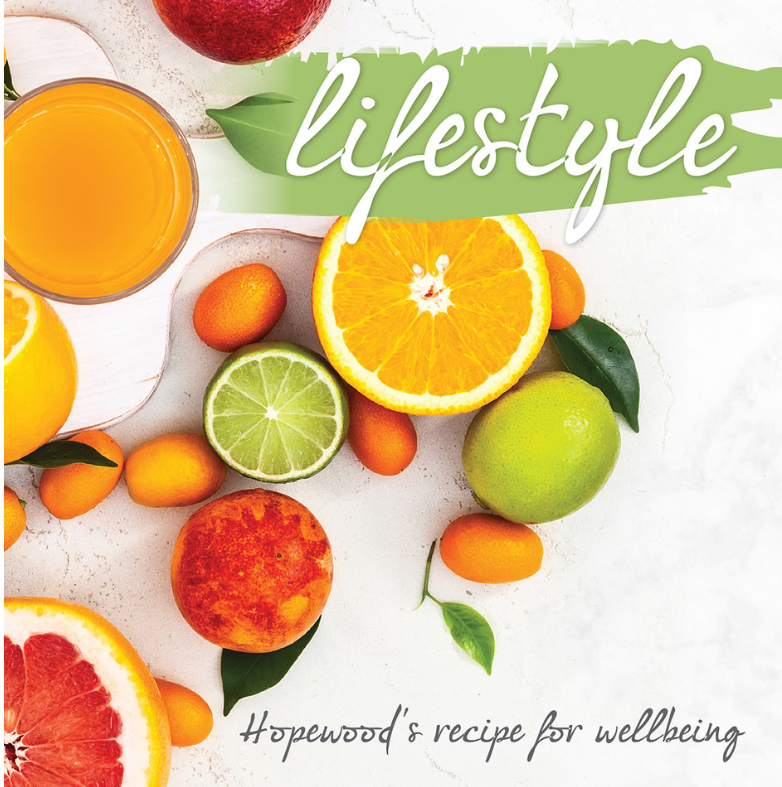Healthy eating tips from Robyn Chuter

Eat as many green, leafy vegetables as you can possible fit in!
Green leafies are the cornerstone of a healthy diet. High in protein, minerals, vitamins and antioxidants, low in carbohydrate and glycaemic load, greens are the secret of the great muscular strength of some of our nearest relatives, the gorillas.
Delicious ways to boost your intake of these superfoods:
• Blend them into a green smoothie
• Add finely shredded greens to soups and stews; don’t overcook them.
• Put several bunches of nutritious Asian green vegetables such as bok choy and choy sum into stir-fries.
• Add spinach to desserts such as Guiltless Chocolate Pudding.
Eat a wide variety of fruits, vegetables, legumes, nuts, seeds and whole grains.
Challenge yourself to try a new food every week. Eating a limited diet isn’t just boring, it reduces your chances of meeting your nutrient needs. There are over 40,000 phytochemicals (compounds produced by plants) that fight disease and boost our health and wellbeing; eating a limited range of food deprives you of this symphony of nutrients.
We often wonder what is the best variety of nut to eat, or the best legume, or the best berry? The answer is, there is no best! There’s enormous variation in the nutritional composition of foods that are within the same food category (e.g. fruits, grains, seeds), let alone between foods in different categories (e.g. fruits vs vegetables).
For example, almonds have nearly seven times more calcium than cashews, but cashews have one and a half times more zinc and iron than almonds, and nearly four times as much vitamin B1. Berries are rich in cancer-fighting polyphenols called anthocyanins and anthocyanidins; green leafy vegetables have none of these but are rich in cancer-fighting carotenoids such as lutein and alpha-carotene.
You don’t have to eat every single fruit, vegetable, nut, seed, legume and grain every single day to meet your nutritional needs, of course – your body is far smarter than that! Many nutrients can be stored within your body so if you take in an abundance of a particular nutrient on one day, the excess will be kept for a later time when you’re eating little or none of it. (There are important exceptions, including vitamin C, which we need to consume ample amounts of every day, because unlike almost every other animal on this planet, we cannot make our own.)
All you need to do is vary the kinds of plant foods you eat from day to day. This makes meals far more exciting as well as ensuring your nutrient needs are met.
This article is sourced from Hopewood contributor Robyn Chuter.









